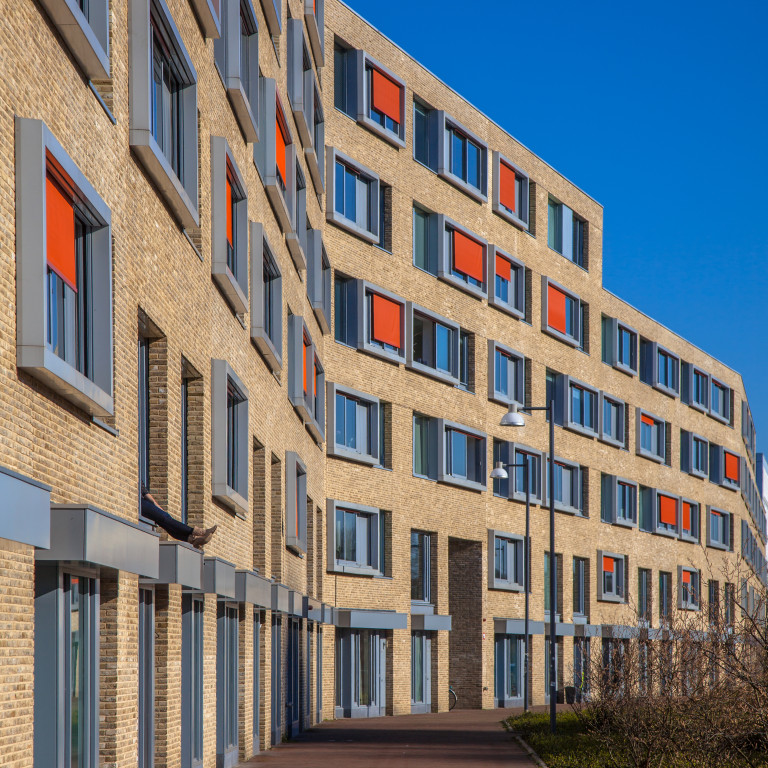The Environment Act, which became law in 2021, will act as the UK’s new framework for environmental protection and governance.
What is the Environment Act 2021?
The new Environment Act includes provisions to establish a set of statutory environmental principles, ensuring environmental governance through an environmental watchdog, the Office for Environmental Protection (OEP). It also includes environmental provisions relating to waste, air, water and biodiversity.
How does the new Environment Act affect property development?
The Environment Act includes mandatory requirements for developers to provide biodiversity net gain (BNG) for any new development in England that results in loss or degradation of habitat. Net gain in planning is described as an approach to development that leaves the natural environment in a measurably better state than it was before.
The BNG requirements will apply to any development that requires planning permission to be granted under the Town and Country Planning Act 1990 (TCPA 1990) and must provide a biodiversity net gain of at least 10%.
How does the new Environment Act affect planning permission?
The Act will mean all planning permissions in England (with limited exemptions) will be granted subject to a new general pre-commencement condition that requires approval of a BNG plan. Development cannot begin until the developer has submitted a BNG plan to the local planning authority and had it approved.
What is Biodiversity Net Gain (BNG)?
The BNG is met if the biodiversity value attributable to the development exceeds the pre-development biodiversity value of the onsite habitat by at least the relevant percentage, which is currently 10% (but can be amended by regulations). The biodiversity value for the development is the total of the:
- Post-development biodiversity value of the onsite habitat.
- The biodiversity value of any registered offsite biodiversity gain allocated to the development.
- Biodiversity value of any biodiversity credits purchased for the development.
A developer can purchase statutory biodiversity credits from the Secretary of State to meet the biodiversity gain objective. The sold credits will be equivalent to a specified gain in biodiversity value, which can be included in a biodiversity gain plan.
The 10% BNG requirement is to be brought into effect by secondary legislation at a later date but it is a significant step that will need to be taken account of in applications going forward.
Find out more
Our Affordable Housing team have over 25 years’ experience in this sector, forming close working relationships with their housing clients. To find out more about the areas they advise on and their bespoke services please visit their hub page or contact a member of the team.






